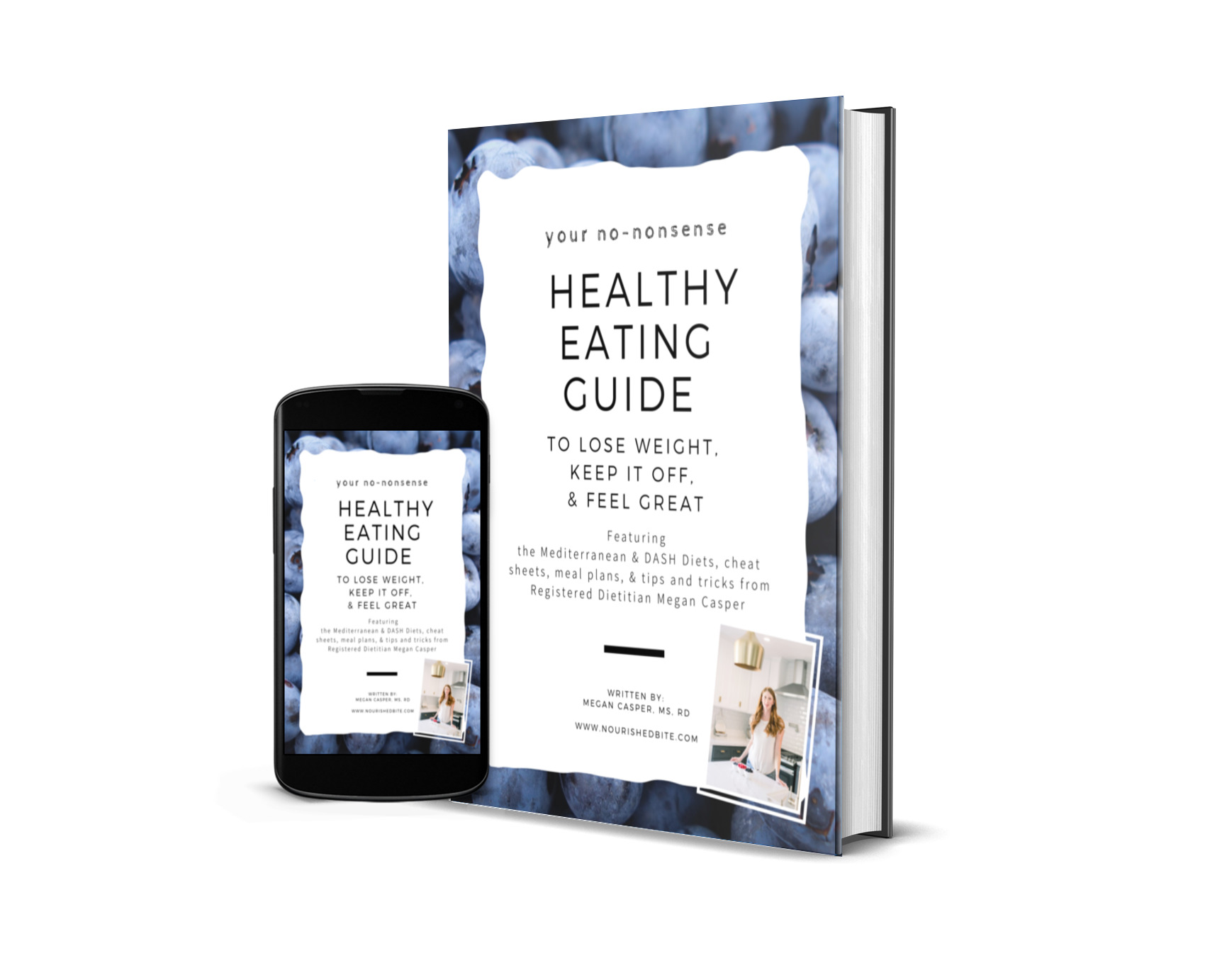7 Signs You Need More Vitamin B12
/Do you REALLY need that energy drink or is it all just hype? Here's the breakdown of what B12 does, how much you really need and how to know if you're running low.
There are tons of energy drinks out there on the market loaded with B12 and other B vitamins claiming to give you an instant kick of energy. But do they work?
The answer is: Yes, you do get a burst of energy, but not because you needed a bump in vitamins. While B vitamins DO help give you energy, it's not instantaneous. (That surge in energy you feel is from the caffeine also loaded into the bottle.) B vitamins help convert the food you eat into energy, but your body only needs a certain amount of these vitamins. Manufacturers load these bottles with astronomical amounts of these vitamins, but the fact is that unless you're severely deficient, you probably don't need that extra bump in vitamins and anything extra is just, well, peed out.
Now how do you feel about dropping those $4 bucks? Next time buy a coffee! (Bonus: Coffee is also loaded with antioxidants.)
If you’re feeling sluggish, check out our signs you may need a B12 boost:
You’re Tired: Fatigue is one of the first signs of a B12 deficiency. Since B12 helps make red blood cells, a dip in production will mean less oxygen to keep your cells going.
You Feel Weak: If you can barely get up the stairs or lift your groceries, your muscles may not be getting enough oxygen.
You’re Anxious or Depressed: Low B12 levels can wreak havoc on our emotions, possibly because B12 is necessary for the production of neurotransmitters like dopamine and serotonin.
You Have Brain Fog: If you’ve felt like you’ve been losing your mind lately, and can never find your keys, low B12 may be to blame.
You’re Losing Weight: About 50% of people with a B12 deficiency lose the little bumps on their tongues - or papillae - some of which contain taste buds. This can lead to a decreased appetite and weight loss and may appear as a smooth, swollen, red tongue.
You’ve Been Getting a Lot of Colds: B12 is an important player in our immune system, helping to produce white blood cells.
You’re Hands and Feet Have Pins and Needles: Over time, a lack of B12 can lead to nerve damage, causing numbness, weakness and balance issues.
If you’re thinking “ding ding ding! This sounds like me!” you may want to try taking a supplement to see if your energy and mood improve. (Remember that B12 is a water-soluble vitamin, so if you take too much you’ll pee it out.) Still sluggish? Ask your doctor to check your blood levels and see if you have anemia. If you’re low on intrinsic factor or have a hard time absorbing B12 you may need injections, which will improve your symptoms within a few months.
B12 may be nicknamed the “energy vitamin”, but it does so much more. This important nutrient helps make the DNA in every cell of our bodies, maintains nerve cells, and is integral in the production of oxygen-carrying red blood cells.
B12 deficiency is relatively common, especially among older people. While some people don’t get the 2.4 mcg of B12 recommended daily, others can’t absorb enough, no matter how hard they try.
B12 is mostly found in animal products, so vegetarians and vegans usually supplement this vitamin. Smaller amounts can be found in green leafy vegetables, whole grains, legumes, mushrooms and many foods, like cereals, are also fortified with B vitamins. The body can store around about 2 to 4 years worth of B12, so changes in diet or digestion can take time to show. It’s estimated that up to 15% of the population may have a deficiency.
You may develop a B12 deficiency if you are a vegetarian, have low stomach acid, have any conditions which affects absorption in the intestines like Crohn's or celiac disease, have had weight loss surgery, or do not produce enough “intrinsic factor” - a protein which binds to B12 and aids in its digestion. Some common medications, such as heartburn medications, certain antibiotics, and metformin, increase your risk for a deficiency. As we age we also tend to absorb less of this important nutrient.




